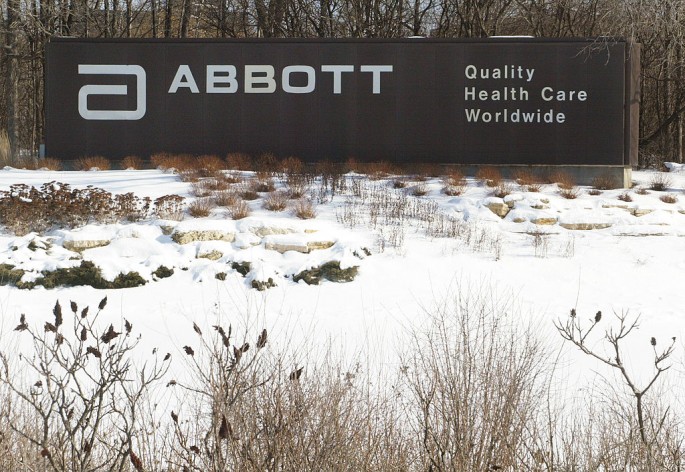Authorities in China have arrested a total of nine people and are chasing one more suspect related to the fake milk scandal for brands involving Abbott's "Similac" and the local brand "Beingmate."
The Xinhua News Agency summarized the progress of the investigations per a statement from the China Food and Drug Administration (CFDA) on Saturday indicating that six of the accused have already been transferred to the judiciary for prosecution.
The CFDA also admitted that they are still in pursuit of another suspect who is on the run after news on the controversy exploded in September.
The Shanghai police have already confiscated 65,000 fake "Similac" trademarks, 20,000 empty cans, and 1,000 cans of the counterfeit milk powder.
According to Shanghai food authority deputy director Yan Zuqiang, all these were being sold in markets in the Chinese provinces of Henan, Jiangsu, Anhui and Hubei.
About 3,300 cans of the fake Abbott products were voluntarily disposed of by three vendors in Jiangsu, Hubei and Anhui, where the police were able to seize another 5,000 cans of fake milk.
As of Xinhua's Sunday report, there are still 3,300 cans of counterfeit "Similac" powder left unaccounted for, as one vendor from Anhui confessed of selling 3,600 cans of "Beingmate" to their customers.
Authorities encountered difficulties in tracking the cans of milk that have already been sold to consumers, though tests conducted by health experts from the food safety office revealed that the fake products are "within national safety standards."
Despite this, Chinese parents are not staying calm as the country's history presented proof of the worrying effects of fake milk powders to their babies.
In a feature article in 2014, Forbes commemorated the horrifying fake milk incident that led to the death of six babies after being diagnosed with kidney stones.
According to the report, the babies were all fed fake milk powder that was later found to contain a toxic industrial compound known as melamine.



























